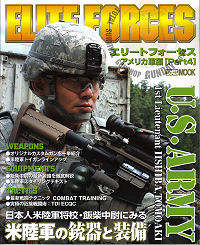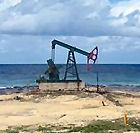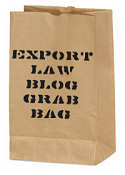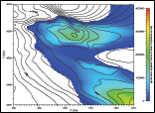
ABOVE: Tomoaki Iishiba
Captain Tomoaki Iishiba, stationed at Fort Lewis in Washington State, has been charged in connection with his shipment of sixty EoTech 553 night-vision-compatible holographic rifle sights to Japan without obtaining the required export license. Prior to these charges, Captain Iishiba was best known as one of the technical consultants on a computer war game known as Metal Gear Solid.
The export classification of these sights is unclear. The one-count criminal information filed by the U.S. Attorney makes no attempt to provide an export classification for the items. If these sights are principally used on firearms listed on Category I of the USML then they would be classified as Category I(h) and require a license from the Department of State’s Directorate of Defense Trade Controls. The sights could also be covered by ECCN 0A987 which covers “optical sighting devices for firearms,” but this classification does not require a license in the case of shipments to Japan. So, we can probably safely assume that the government believes that the items are properly classified as USML Category I(h).
Notwithstanding the likely USML classification of the sights, the criminal information does not charge Iishiba under 22 U.S.C. § 2778(c), the criminal provision of the Arms Export Control Act. Rather the charge is conspiracy to violate 18 U.S.C. § 555, the overseas anti-smuggling provision added by the USA Patriot Improvement and Reauthorization Act of 2005.* That section provides as follows:
Whoever fraudulently or knowingly exports or sends from the United States, or attempts to export or send from the United States, any merchandise, article, or object contrary to any law or regulation of the United States, or receives, conceals, buys, sells, or in any manner facilitates the transportation, concealment, or sale of such merchandise, article or object, prior to exportation, knowing the same to be intended for exportation contrary to any law or regulation of the United States, shall be fined under this title, imprisoned not more than 10 years, or both.
Significantly, the criminal information doesn’t allege that Iishiba knew that it was illegal to export the sights. Rather it only alleges that he “knowingly exported” the rifle sights. Now the reason to charge under 18 U.S.C. § 555 rather than Arms Export Control Act, 22 U.S.C. § 2778(h), seems clear: the prosecution is trying to avoid the scienter requirement of the later statute.
Section 127.1 of the International Traffic in Arms Regulations is violated by an unlicensed export of a defense article whether or not the violator was aware that the export required a license. And it would appear that the prosecution is reading the anti-smuggling provision to require only a knowing export that violates a regulation without a scienter requirement. Whether a court will support this reading of the new provision remains to be seen.
*The provision was enacted as 18 U.S.C. § 554, even though there was already a § 554, and it was later recodified as § 555. The information, however, continues to cite the provision as 18 U.S.C. § 554.

 Posted by
Posted by  Category:
Category: 


 New-Jersey-based
New-Jersey-based  It’s a slow day today in export news, so we’re bringing you a grab bag of various items, each interesting but none worthy of an entire post:
It’s a slow day today in export news, so we’re bringing you a grab bag of various items, each interesting but none worthy of an entire post: The U.S. Attorney for the District of Columbia issued a
The U.S. Attorney for the District of Columbia issued a 

